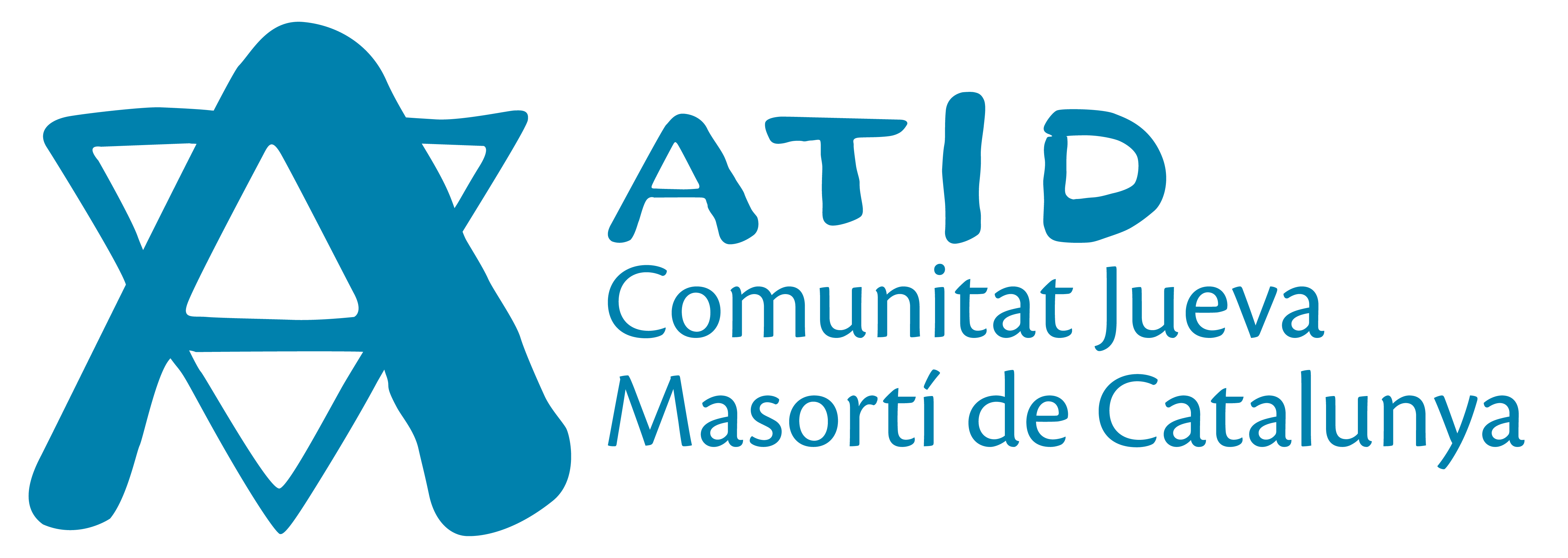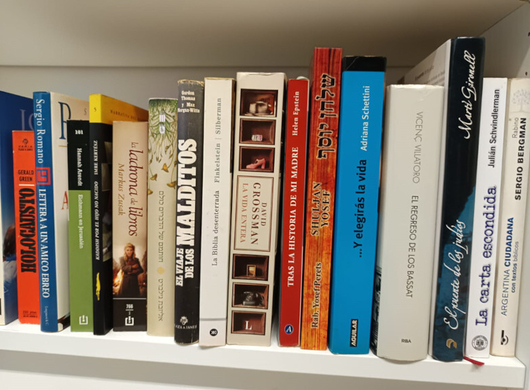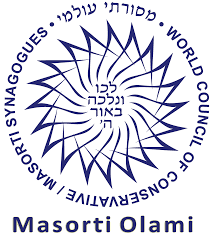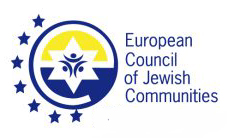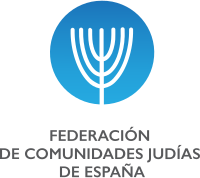Shavuot
It is ironic that Shavuot is such a little-known holiday. Because in reality, Shavuot commemorates the most important event in Jewish history - the giving of the Torah at Mount Sinai.
Shavuot is the culmination of the seven-week-long 'Omer account', which begins after the second night of Passover. The same name 'Shavuot' means 'weeks', in recognition of the weeks of expectation that lead us to the Sinai experience. (Since Shavuot occurs 50 days after the first day of Passover, it is sometimes known as 'Pentecost', a Greek word meaning 'the 50 day festival').
3,300 years ago, after leaving Egypt on the night of Passover, the Jews traveled to the Sinai Desert. There, the entire Jewish People - 3 million men, women and children - experienced directly the divine revelation:
God spoke to them from the midst of the fire; you were hearing the sound of words, but you were not seeing a form, just a sound. He told them of his covenant, commanding them to fulfill the Ten Commandments, and He recorded them on two tablets of stone (Deuteronomy 4: 12-13).
The delivery of the Torah was an event of immense proportions that indelibly engraved on the Jewish People with a unique character, faith and destiny. And in the 3,300 years since this event occurred, the ideals of Torah - monotheism, justice, responsibility - have become the moral basis of Western civilization.

